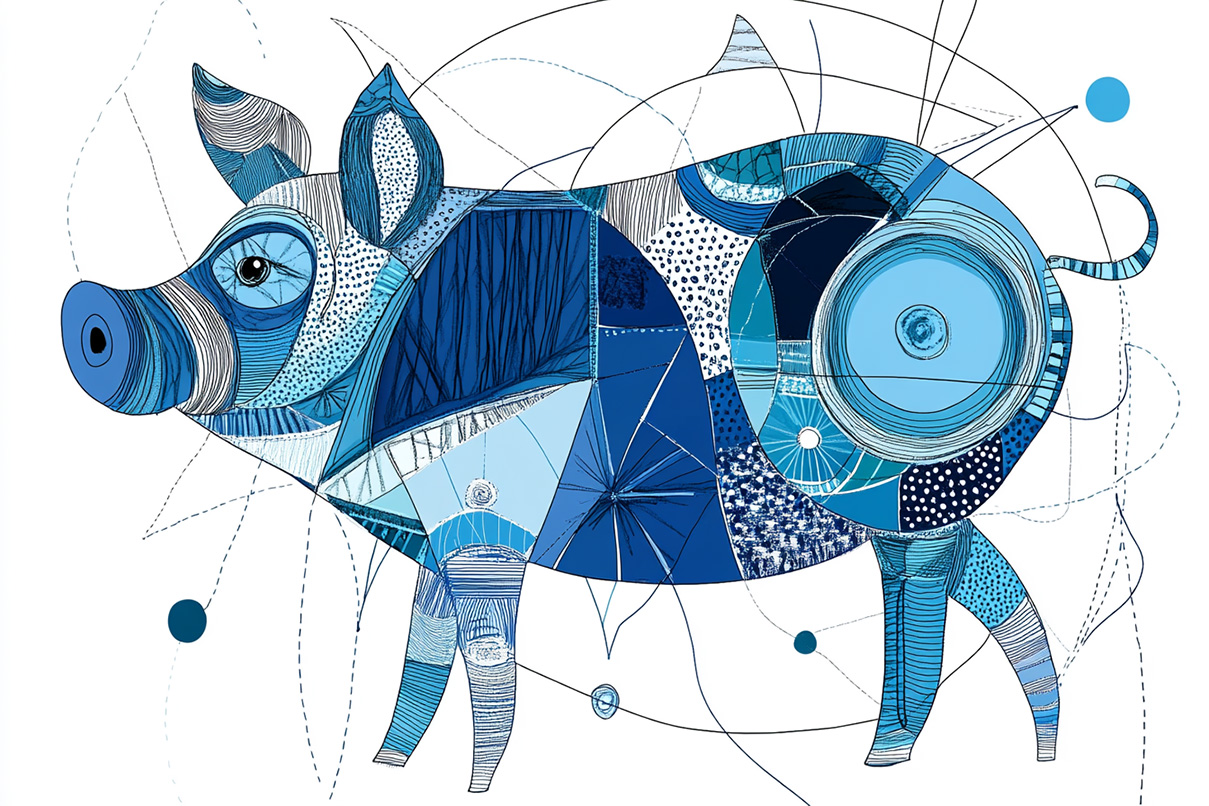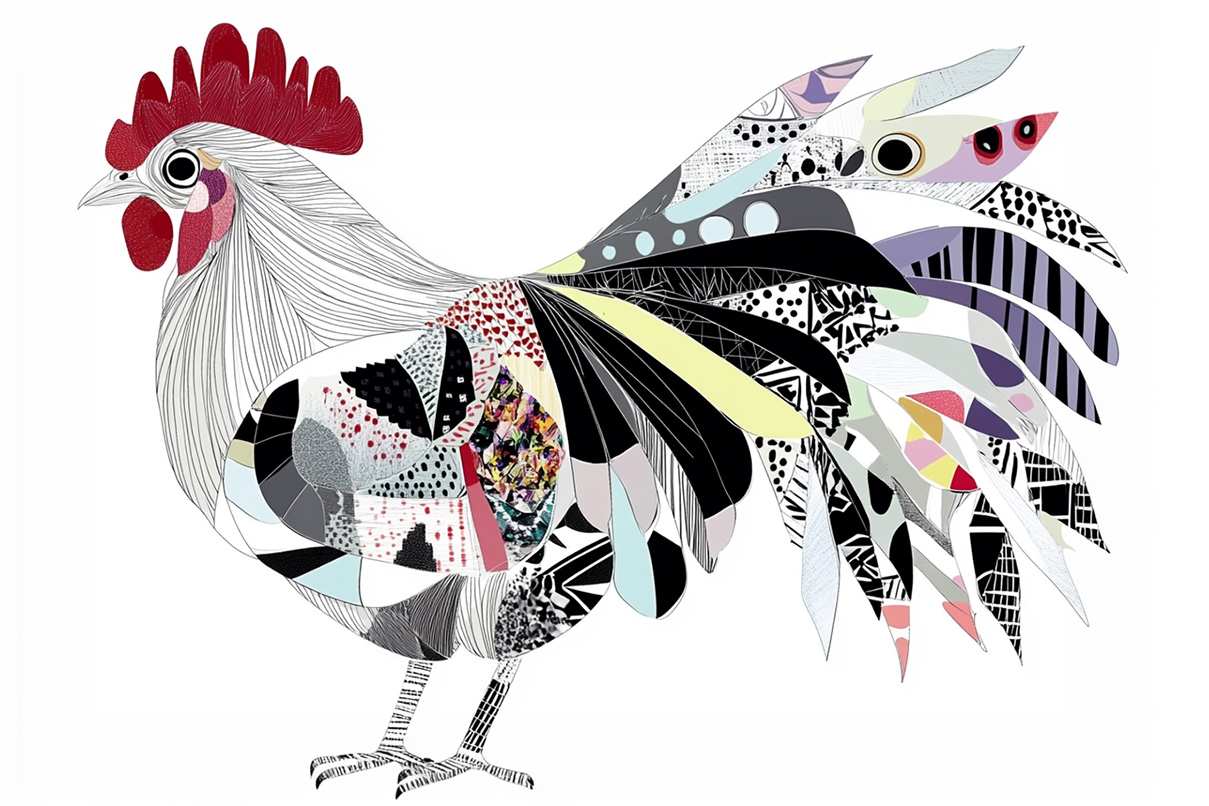Musk (She Xiang)
麝香
Musk (Shexiang)
Pharmaceutical Name: Moschus
Zoological Name: 1. Moschus berezovskii Flerov. 2. Moschus sifanicus Przewalski. 3. Moschus moschiferus L.
Common Name: Musk
Source of Earliest Record: Shennong Bencao Jing
Part Used: The secretion is obtained from the naval musk gland of male musk deers. It is dried in the shade in winter or spring.
Natural Properties & Taste: Pungent and warm
Meridians: Heart and spleen
Therapeutic Effects:
1. To open the orifices and clear the mind.
2. To invigorate the blood and disperse nodules.
3. To stop pain.
4. To expel placenta labor.
Indications:
1. Unconsciousness due to high fever. Musk (Shexiang) is used with Ox gallstone (Niuhuang) and Rhinoceros horn (Xijiao) in the formula Zhibao Dan.
2. Unconsciousness due to windstroke. Musk (Shexiang) is used with Storax (Suhexiang) and Cloves (Dingxiang) in the formula Suhexiang Wan.
3. Carbuncles, furuncles and swellings. Musk (Shexiang) is used with Frankincense (Ruxiang), Myrrh (Moyao) and Realgar (Xionghuang) in the formula Xingxiao Wan.
4. Sudden severe pain in the chest and abdominal region. Musk (Shexiang) is used with Costus root (Muxiang), Peach seed (Taoren) and herbs that invigorate the blood in a formula such as Shexiang Tang.
5. Swelling and pain caused by external injuries. Musk (Shexiang) is used with Sappan wood (Sumu), Myrrh (Moyao) and Safflower (Honghua) in the formula Bali San.
6. Dead fetus or placenta failing to be expelled. Musk (Shexiang) is used with Cinnamon bark (Rougui) in the formula Xiang Gui San.
Dosage: 0.06-0.1 g (in pill form)
Cautions & Contraindications: The substance must not be cooked. It is contraindicated during pregnancy.
Share this article

Written by : Grace Chen
Hi, I'm Grace Chen. I’m enthusiastic about Traditional Chinese Medicine, natural healing including Chinese Medicinal Herbs, Acupressure, Qi-Gong, foot massage and more. My passion for herbs had been a lifelong journey beginning as a young girl always been fascinated by my grandfather’s Chinese Herbal Medicine chest, full of amazing goodies helping people get well. To chase my dreams, I created a website, HerbalShop.com to share my passion, my grandfather Dr. Chen’s herbal recipes, interesting new and the translation of the classical Chinese herbal formulas with the world. Hope you enjoy it!
Follow us
Latest articles
February 23, 2025
February 23, 2025
February 23, 2025






